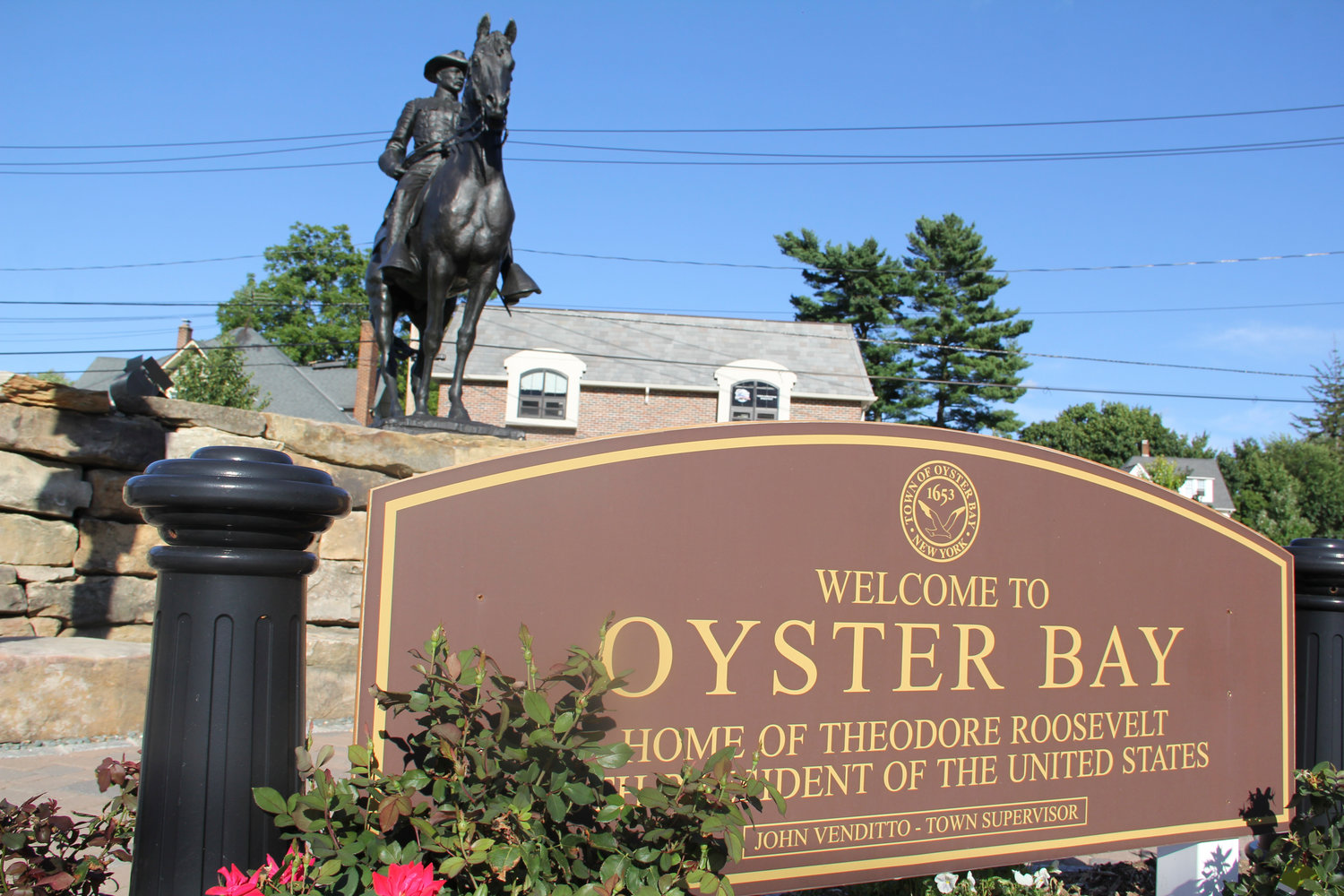Town meeting disruptors can no longer be arrested
On Tuesday, the Town of Oyster Bay Board unanimously passed a resolution revising an Oct. 6 meeting decorum law, which allowed for the arrest and filing of criminal charges against anyone who disrupted a board meeting subjecting them to 15 days in jail. Prior to the October rewrite of the law, anyone who disturbed a meeting was asked to leave and if they would not voluntarily, were removed by police. This is included in the revised law passed on Tuesday.
This comes on the heels of Syosset blogger Kevin McKenna’s win on Dec. 21 from his federal lawsuit against the town’s October public meeting law.
“The Rules of Decorum were strengthened,” Town Spokesman Brian Nevin said,
“to ensure a safe environment free of threats, intimidation, profanity, sexual gestures and unruly behavior, which has been well-documented in recent years.”
The law had been put on hold since Nov. 16, when U.S. District Judge Gary Brown issued a restraining order, while the issue played out in court. Initially, Brown said the town could rewrite the law and present it at a court conference on Dec. 2 when the judge would determine whether the rewritten law was constitutional. But there were several conferences during December in which lawyers hired by the town and McKenna’s lawyer, Jonathan Clarke, of the Farmingdale firm Clarke and Fellows worked to find a law amiable to both parties.
Clarke said he is happy to see that the resolution passed. However, he also wanted a policy instituted that Town Board members would be required to follow the same decorum policy, language absent from the new law. The town opted to pay damages to McKenna instead, he said.
The October meeting law had been a subject of debate since it passed, with some arguing that it was a violation of free speech. Additionally, there were an outcry regarding new rules in the taking of photographs and video at board meetings. It would be allowed, the law stated, so long as it is was “done in a manner that does not interfere with the meeting.” The supervisor was to decide if the equipment was too large, if someone taking photos or videos was too close to a speaker or the board and if the person should be arrested.
“The Open Meetings Law says that anyone can record,” Brendan O’Reilly, Press Club of Long Island’s vice president, said. “At a meeting, a journalist may need to pick up a camera and move about the room. We need to be able to take photographs and record without being told to sit down or a threat of being arrested.”
A statement by PCLI followed saying that a “rule that permits the presiding officer to remove journalists from a meeting and even have them charged by the police for having a television camera that is too large or for moving about a room to shoot photographs flies in the face of the First Amendment. The rule puts journalists in the position of choosing between doing their work effectively and facing a punishment of up to 15 days in jail. If the rule is allowed to stand, it will be at the expense of freedom of the press and the public’s right to know.”
Saladino said he believed the October law would benefit journalists, adding that he would consider amending the law to exclude journalists. He did not, but the law that passed on Tuesday is not as harsh. No longer will somone taking photography and videography be subject to arrest.
“The Press Club of Long Island board is pleased that they walked back rules that overreached and potentially had a chilling effect on the free press,” O’Reilly said.
At a 10 a.m. press conference before Tuesday’s meeting, McKenna announced his intention to run against Saladino in the primary. The Syosset blogger has his eye on leading the town.

 44.0°,
Mostly Cloudy
44.0°,
Mostly Cloudy 




